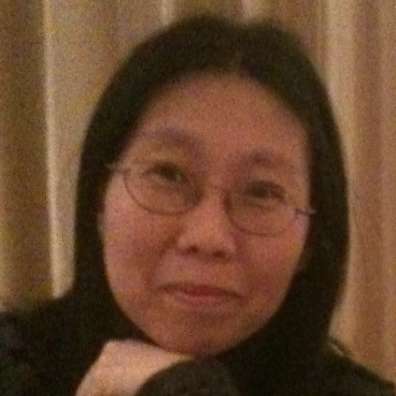The final of this year’s Handel Singing Competition, which opened the 2012 London Handel Festival, was a rare occasion when the winner of the First Prize matched the winner of the Audience Prize, giving satisfaction all round. In previous years (including last year, which I reviewed here), the audience’s favourite did not win the First Prize as the judges looked for technique and baroque singing style as well as the beauty of voice. Obviously, this year’s winner, Ukrainian mezzo-soprano Anna Starushkevych, possessed all these qualities in abundance. Interestingly, she was also the first mezzo-soprano to win First Prize in the 11-year history of the competition.
This year’s six finalists (3 sopranos, 1 mezzo and 2 tenors) came through from 130 initial applicants. Only Handel is sung throughout the competition, and in the final, each singer gives a 20-minute programme of their choice with orchestra. As there was no duplication in their programmes this year, the audience were able to enjoy a diverse selection of Handelian repertoire, including both famous and rarer works. The finalists were all of a high standard and each brought their own character to their programme.
The First Prize winner Anna Starushkevych chose a programme consisting of popular arias by Handel’s male heroes – two of Bertarido’s arias from Rodelinda and “Cara sposa” from Rinaldo. From her opening phrase, the quality of her voice immediately caught my attention. A dark-hued and creamy mezzo, her voice projection was exemplary and her technique almost faultless. In “Vivi tiranno”, the coloratura passages were brilliantly executed, and the aria received the most applause during the evening. “Cara sposa” was also touchingly sung with elegant ornamentation in the da capo section. The only reservation I felt was that the arias she had chosen lay a little low for her voice, but even then it was finely controlled.
The Second Prize was given to the British tenor Alexander Sprague (whom I heard recently in Mozart’s Il re pastore by the Classical Opera Company). He chose a well-balanced programme of both English and Italian arias and his diction and attention to text were excellent, successfully bringing out the stylistic differences of the Italian and English works. “Total Eclipse” from Samson was sung with beautiful control and lyricism. The two Rodelinda arias were also delivered with style and genuine feeling, although in “Prigioniera ho l’alma in pena” the high notes sounded slightly strained and the coloratura in “Tuo drudo e mio rivale” could have been more agile.
Another singer that caught my attention was the soprano Raphaela Papadakis. She sang the whole of the cantata Agrippina condotta e morire, preceded by a recitative and aria from the rarely-performed oratorio Joseph and his Brethren. If she seemed a little unstable in the first piece, her interpretation of the cantata was vibrant and her performance really drew me in. In particular, her recitatives were so eloquent that I think she would deserve the prize for best recitative singing! Technically she may not be fully developed, but she has talent and character and I‘m pleased she was awarded the newly established York Early Music Festival Prize along with Anna Starushkevych.
Earlier, the competition opened with a confident performance from the rich-voiced soprano Anna Gorbachyova who sang Cleopatra’s famous aria “Da tempeste” from Giulio Cesare with gusto, although not quite in the Handelian style. She will probably find success outside the Baroque repertoire. On the other hand, Lucy Hill, who was the last to sing, is a light coloratura soprano suited to Baroque music and she impressed with her agility and floating high notes in the aria “Capricious Man” from Saul. The tenor Niel Joubert has a very honest voice (although it could do with a little more character) and he displayed both his lyrical and dramatic sides in the two contrasting arias from Tamerlano. All in all, it was another very strong competition and I look forward to witnessing how these singers develop in the coming years.


